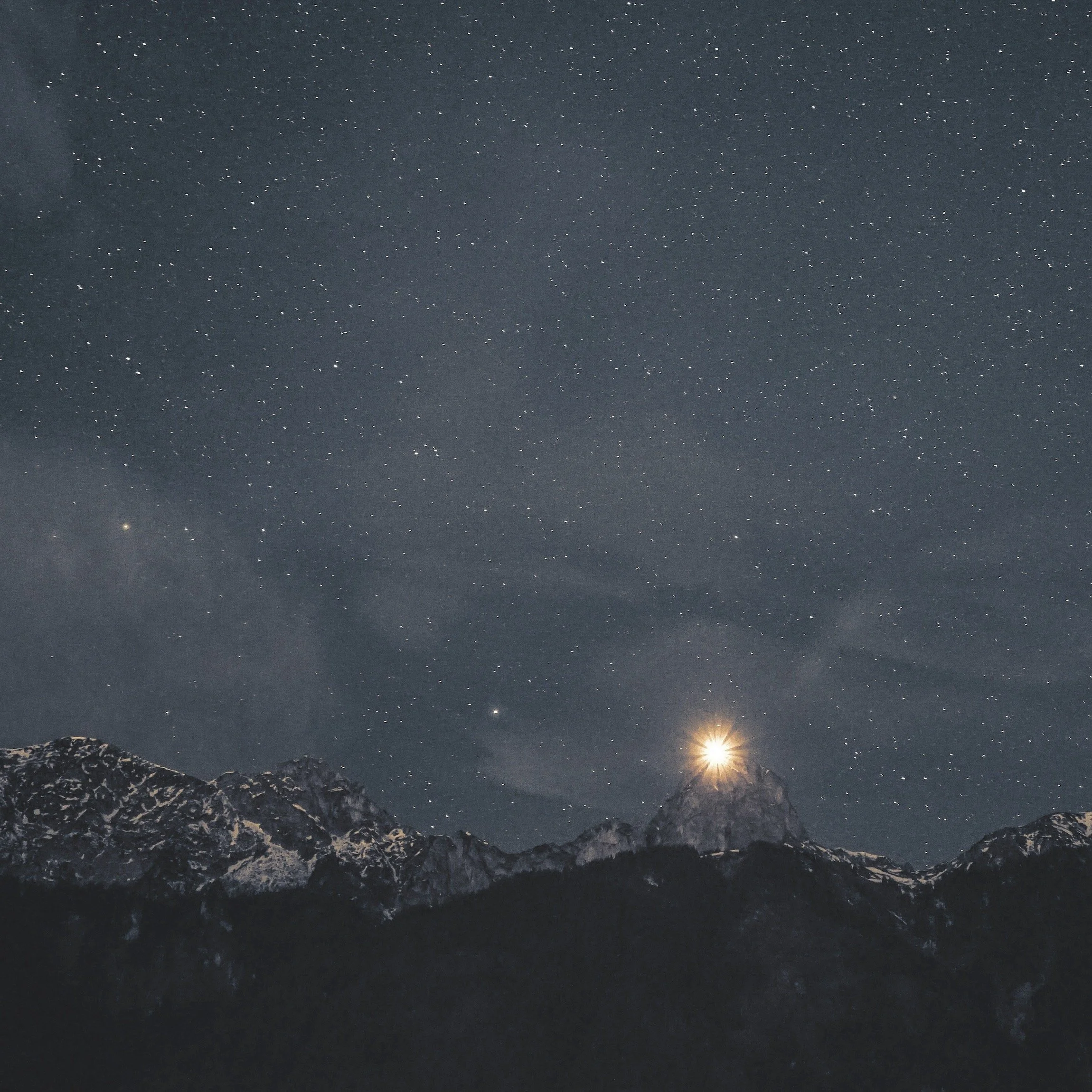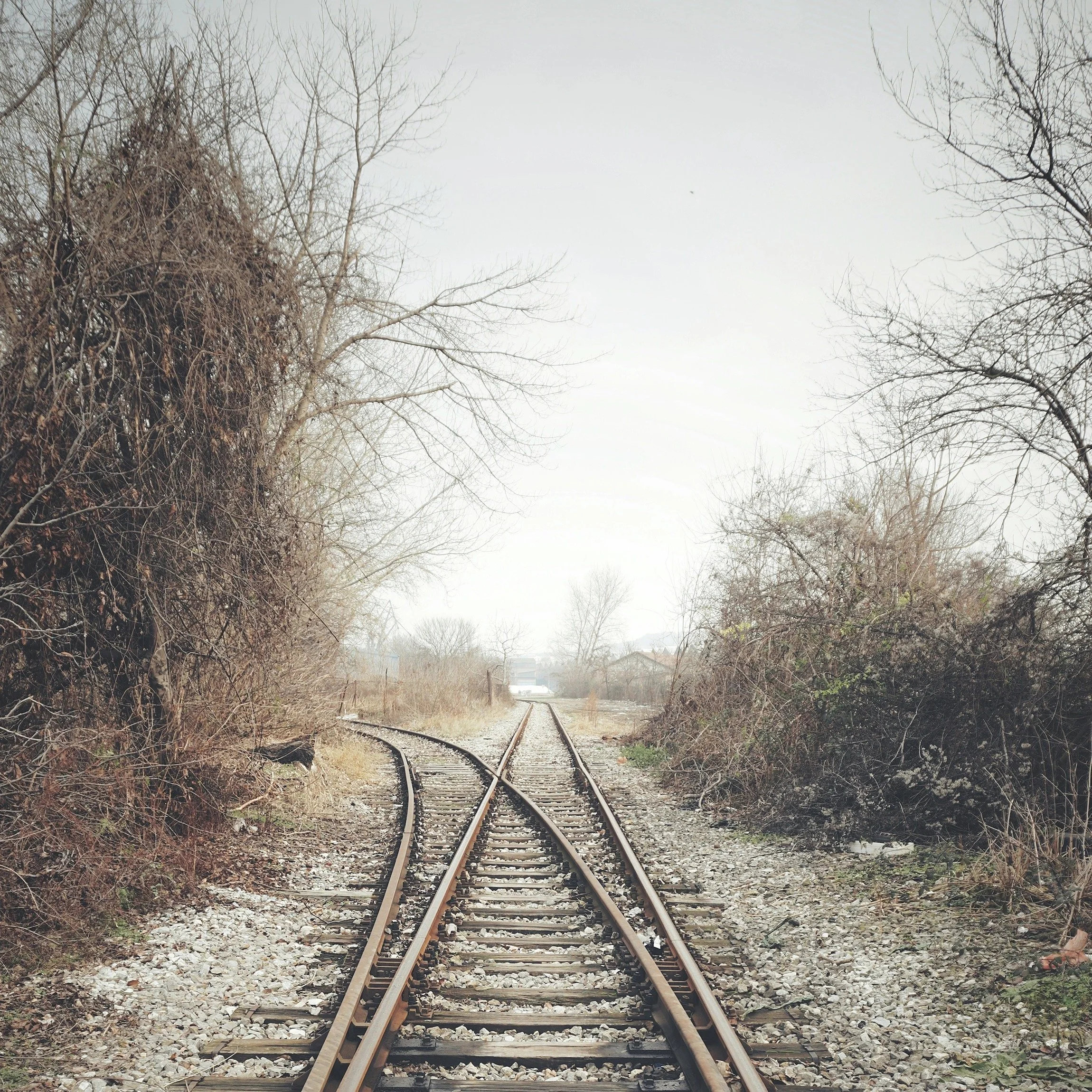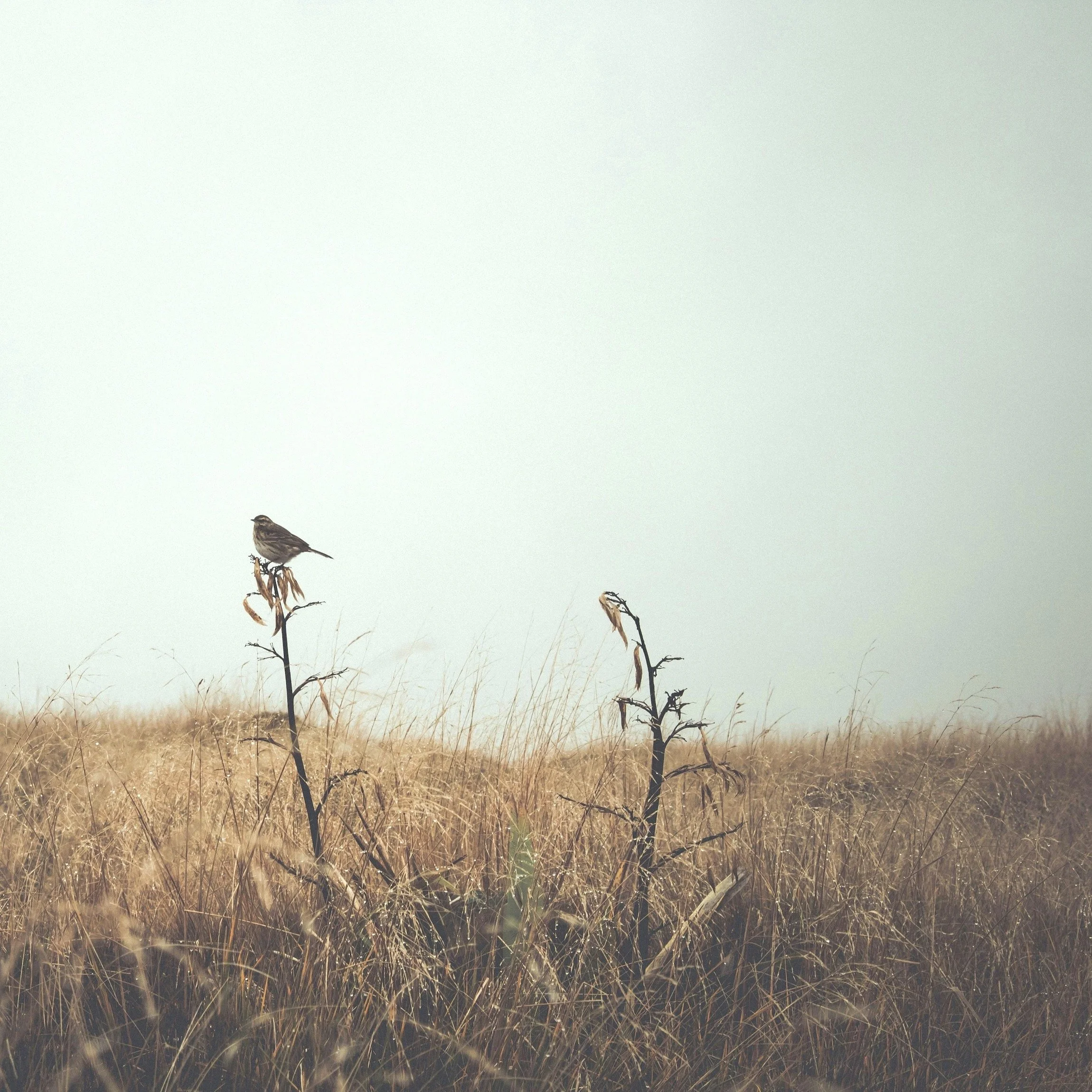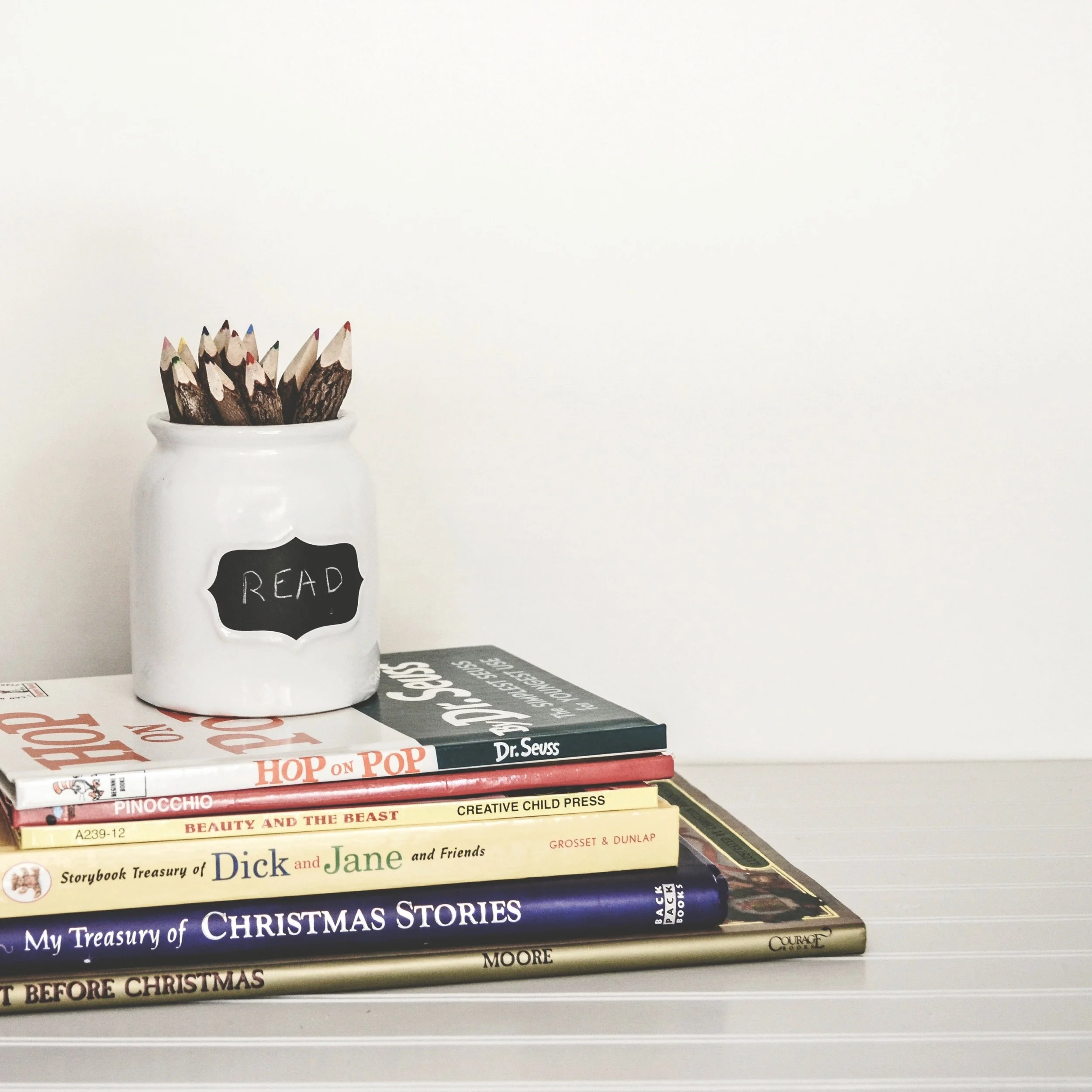In The Dark, God Comes
There is a tendency for us to flee from the wild silence and the wild dark, to pack up our gods and hunker down behind city walls … And when we are in the temples, then who will hear the voice crying in the wilderness? Who will hear the reed shaken by the wind?
– Chet Raymo, The Soul of the Night
After a week of steady recovery, a week in which I began to think this wasn’t all so bad, in which I let myself think for the first time about the light at the end of the tunnel, yesterday passed like a nightmare. Fatigue and pain kept me curled up in bed the entire day. Nothing of discrete medical import was occurring—my wound sites were fine, though I felt so sore I could barely move that side; no fever, though I felt in the grip of a general malaise—nothing to do, in short, but up the pain meds and wait it out. I wept, and my drain wept with me, putting out more fluid in one morning than it had the previous two days put together.
I lay moored in bed as life played out around me: family drifting in and out of the house, the clatter of dishes, the chatter of kids (our youngest announced she had burned thirteen whole calories on our new workout machine; the boys of course asked what Dad’s highest record was so they could beat it). As light faded, I lay in the dark, and my husband occasionally came to sit beside me, holding my hand and not saying much.
It's hard not to feel like I’m living advent-adjacent, watching from the darkness as the mores of the season play out like a bright scene on stage. And I’m glad for the brightness. I’m glad for the unmitigated joy of children who look forward to presents and seeing cousins and getting a break from school, for the wreaths and the trees and the candles I know are being lit on Sundays. It’s just hard not to feel like I’m watching it all through a pane of glass, alone here on the other side.
In her book Learning to Walk in the Dark, Barbara Taylor tells the story of Jacques Lusseyran, a French resistance fighter who lost his vision at the age of seven after an accident. Back then, the blind were marginalized, sent away and often consigned to a life of beggary, but his parents kept him in school and taught him Braille, never treating him with pity. His father said to him soon after the accident, “Always tell us when you discover something.” It was in this way, Taylor writes, that Lusseyran learned he was not a poor, blind boy, but the discoverer of a new world. He began to describe his surroundings in ways that confounded his friends: “the oak, the poplar, the nut tree have their own specific levels of sound … the tone of a plane tree is entered like a room.” He wrote about a light, a light not of the world but one he could still sense: “I felt it … I had only to receive it. It was unavoidably there.” He wrote about being able to find his way to that light, even after being captured by the Nazis and sent to a concentration camp in 1944.
Always tell us when you discover something. Under the lights, there is life as we long for it, full of movement and cheer. But can there be, on this side of the glass, I wonder, an advent to be discovered that is as true as the other? For God came in the darkness. The stable in Bethlehem was likely not a lean-to filled with straw, Taylor points out, but a cave: “Jesus was born in a cave and rose from the dead in a cave.” After four hundred years of silence, the Word of God came not bathed in stage lights, but in squalor and darkness and tears. And he rose to new life unseen, in the silence of utter darkness. New life starts in the dark: seed in the ground, embryo in the womb, Jesus in the stable, Jesus in the tomb.
I imagine myself like Lusseyran, in the dark not in a way which traps me, but which opens me up to certain discoveries, to ways of seeing with the soul a kind of light that has nothing to do with the outside of things. I imagine hearing God’s presence sounding, like a tree. And if I should hear nothing at all, I wait, which is all that advent really means, anyway: Latin adventus, coming, arriving. Not here yet. “The only thing the dark night requires of us is to remain conscious,” Taylor writes. “If we can stay with the moment in which God seems most absent, the night will do the rest.” I can do that, I think. I can stay conscious. I don’t have to be strong, I don’t have to be brave, I just have to be conscious to the dark, in the dark, and listen for the sounding of the light.
Update: the pathology report returned with no cancer in the lymph nodes and residual tumor, but otherwise nothing too surprising, in the remaining breast tissue. As if it was all a bad dream, I woke with the searing headache gone and the drain magically settled back to a lower output. The soreness is still there, the drain will have to stay in longer, but everything looked fine at my post-op visit today. I was able to come out for dinner, and everyone looked relieved as we ate together under the kitchen lights. One of the boys declared, “Mom, when you’re happier everyone is happier!” which made my heart glad. But I thought back to holding my husband’s hand in the dark, and that too was a glad moment, a moment with its own kind of light, and I cannot say which moment I preferred to the other.






